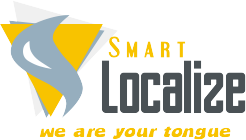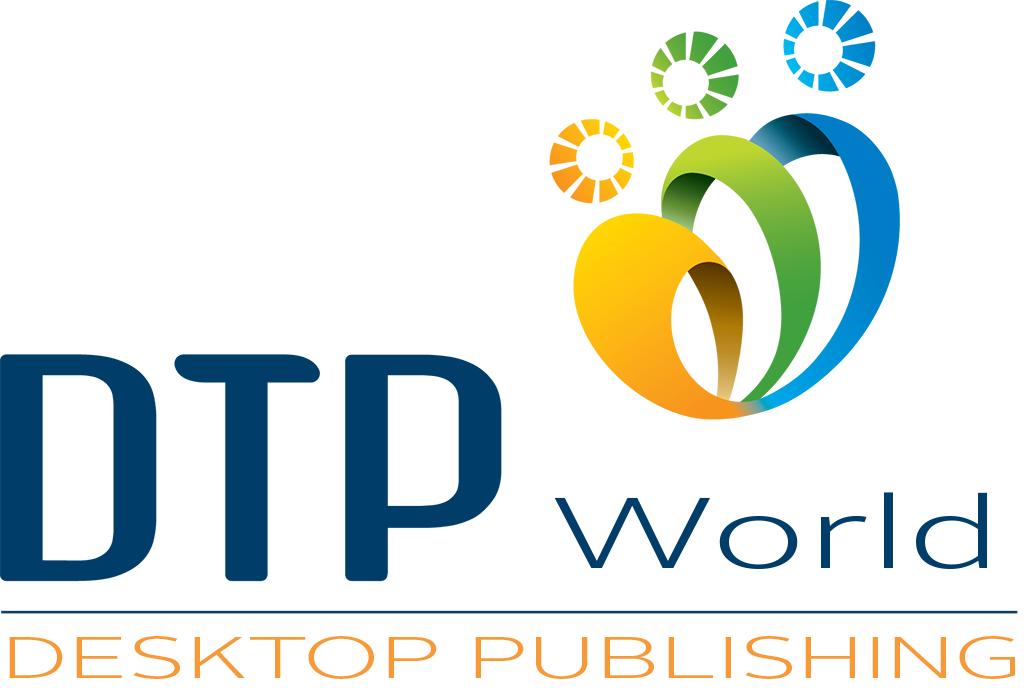

Multilingual Desktop Publishing
Desktop Publishing (DTP) services as the final golden touch that is added to any file, polishing them in a presentable way. Whether it is a flyer, manual, brochure, presentation, promotional booklet, or any type of document, DTP is a necessary phase. It is a process that is fundamental for the quality of your localized product. This is because while localizing your product for foreign markets, factors such as cultural and linguistic group tastes must be taken into consideration. In other words, the preferred appearance of graphics, colors, icons, images and even fonts and bullets can be culturally dependent. Therefore, when you choose a partner to localize your valuable publications, you should make sure to find one that has the right experience as well as the necessary skill set to produce a perfect local version of your original product.
Our DTP experts have studied the diverse local market tastes and preferences in depth and have gained outstanding experience in all phases of the content life cycle, e.g. design, formatting and printing.
Project Initiation
Receive a request by Project Manager
Make the necessary analysis
Checking and send the package to the DTP dept.
The files prepared to be processed.
Project Monitoring and Control
Quality Assurance (QA)
Project Closure
Send Back to the client
Project Planning
Develop the schedule and the project time frame
Allocating required resources to the project either for translation and DTP lifecycle
a. Translation
b. Editing/Reviewing
c. Language proofreading
d. Pre-DTP Localization Engineering
e. Desktop Publishing (DTP)



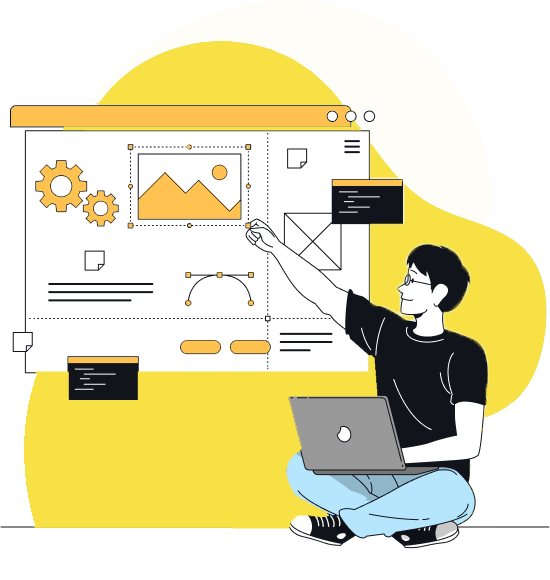
DTP To Make Your Products Spread Out many Markets
Our DTP experts have studied the diverse local market tastes and preferences in depth and have gained outstanding experience in all phases of the content life cycle, e.g. design, formatting and printing.
- Scalable DTP resources and development solutions
- Flexible problem solving solutions to enhance layouts
- Print and test the PDFs to be checked strictly
- Amendments of bugs if exists to maintain error free
- Deliver the final PDFs to the client after approval confirmed
When does your translation project require DTP?
If you need to translate a document, booklet, manual or any other type of document with images or a preset layout, you will need to use DTP services to reconstruct it according to the target language layout.
When you deliver a document that has a formatted layout, that layout will be damaged if the translation is simply pasted back. This is because translated text expands (sentence length often increases). To preserve your document’s original layout and formatting, DTP work is required to correctly insert the translation back into your document, adjusting the layout accordingly.
For example, Arabic is a bidirectional language, as is Farsi, Urdu and Hebrew, and therefore requires special handling because the text usually originates in a Latin alphabet source document. This is where our role becomes crucial, by helping to flip the layout of the whole document, not an easy task for less-experienced vendors or even nonnatives. In short, when you need to flip a layout, our DTP services are there to help

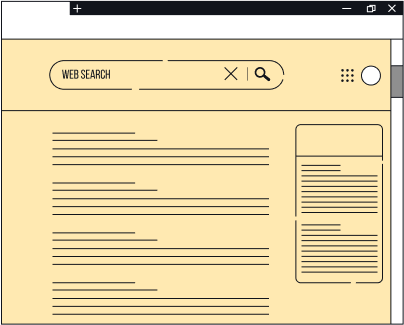
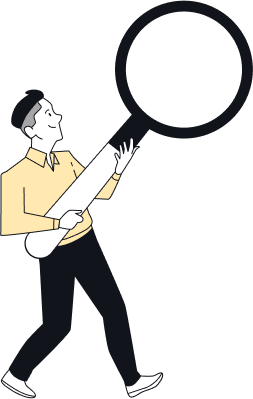





Desktop publishing and translation
Desktop publishers often work at publishing houses, advertising agencies or software providers, but they can also work for language service providers.
For example, Smart Localize language consultancy provides desktop-publishing and foreign typesetting services designed to optimize the look and feel of your products and adapt them to the target market.
Using a service like this can save time, money and unnecessary intermediate steps.
For example, you have a brochure that needs to be translated from English to Chinese? When you send us the InDesign file, we export the text, translate it and insert it again in InDesign. You will get the final product ready to print.
Problems of desktop publishing are that when you translate a text, it is unlikely that it will have exactly the same length as the original, as some languages need more words, while other need less, to say the same thing. Therefore, the layout must be adjusted accordingly to the new text volume.
If you hire a language service provider to do this, one of the most important advantage is, they know the language and the culture and can adjust the layout accordingly. While when you do it yourself, you probably find yourself wondering, if you can divide the text in paragraphs or not, because you have no idea what this Chinese character means.
A Friendly Team That You Can Trust
The project management teams here at Smart Localize will ensure that you have a smooth and pleasant experience with a high-fidelity delivery. Our team will work on your project with complete dedication starting the moment you contact us through our website or mailing system.
- A dedicated Project Manage
- Top-tier Creative and Technical Teams
- Easy and intuitive dashboard
- Email and enhanced live chat system
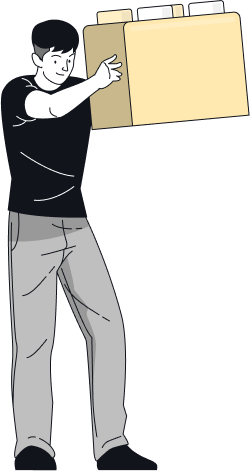
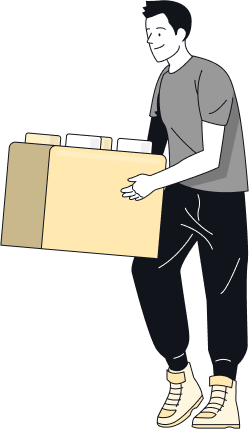

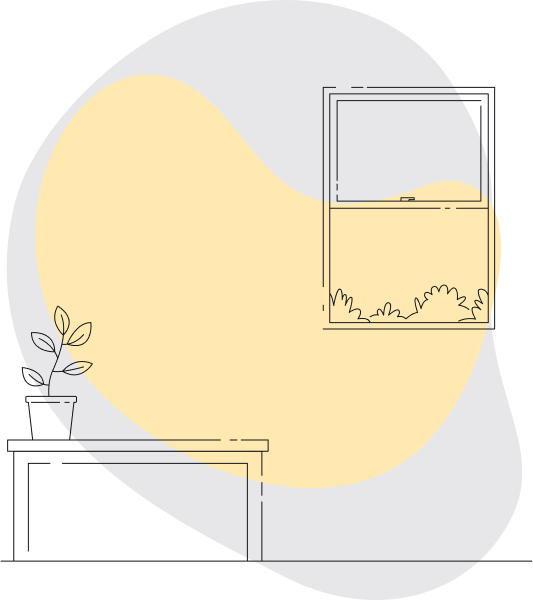
Trusted By Leading Brands Around The World (Some of our clients)






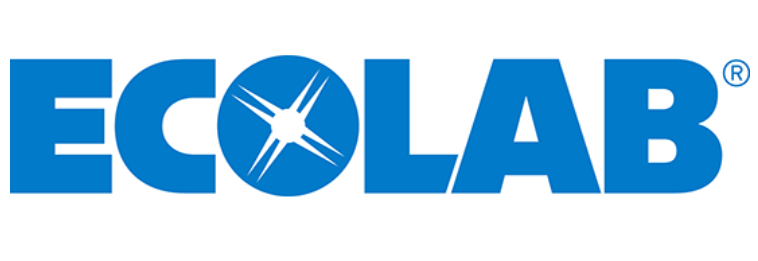



Ready To Try Excellent Services With Smart Localize?
Get in touch with us. Connect with EleDevs and start your 15-day risk-free trial today.
Types of Documents
User Manuals
A user guide, also commonly known as a user manual, is intended to assist users in using a particular product, service or application. It’s usually written by a technician, product developer, or a company’s customer service staff.
Books
A set of printed sheets of paper that are held together inside a cover: a long written work
Magazines
A magazine is a periodical publication which is printed in gloss-coated and matte paper. Magazines are generally published on a regular schedule and contain a variety of content.
Brochures & Catalogs
A Brochure is a short, printed document, also known as a pamphlet. It is a booklet containing descriptive or advertising material. On the other hand, a Catalogue is a document or a book containing an itemized list of name, goods, or books.
Certificates
A document serving as evidence or as written testimony, as of status, qualifications, privileges, or the truth of something.
Advertisement
An advertisement is an announcement online, or in a newspaper, on television, or on a poster about something such as a product, event, or job.
